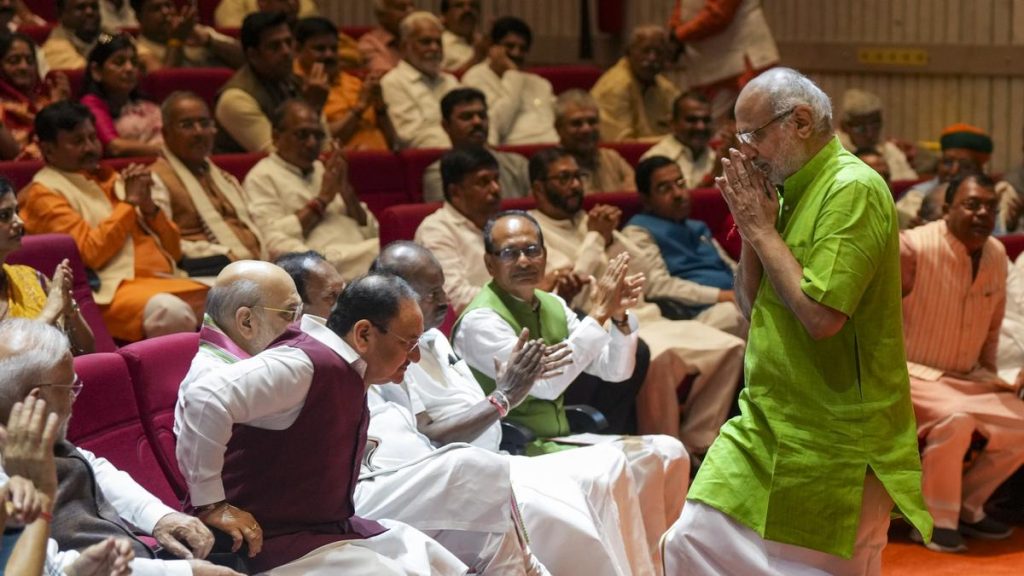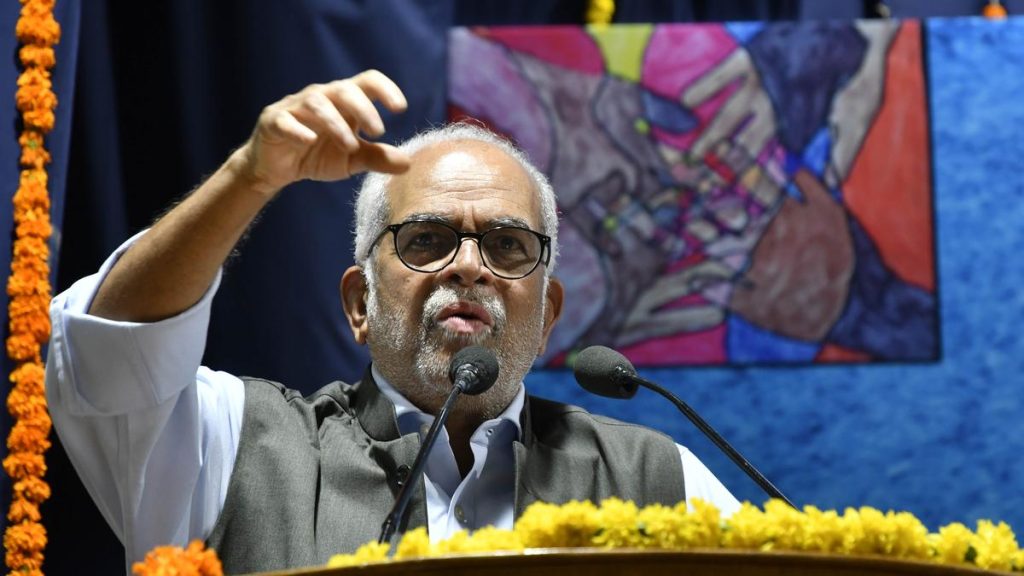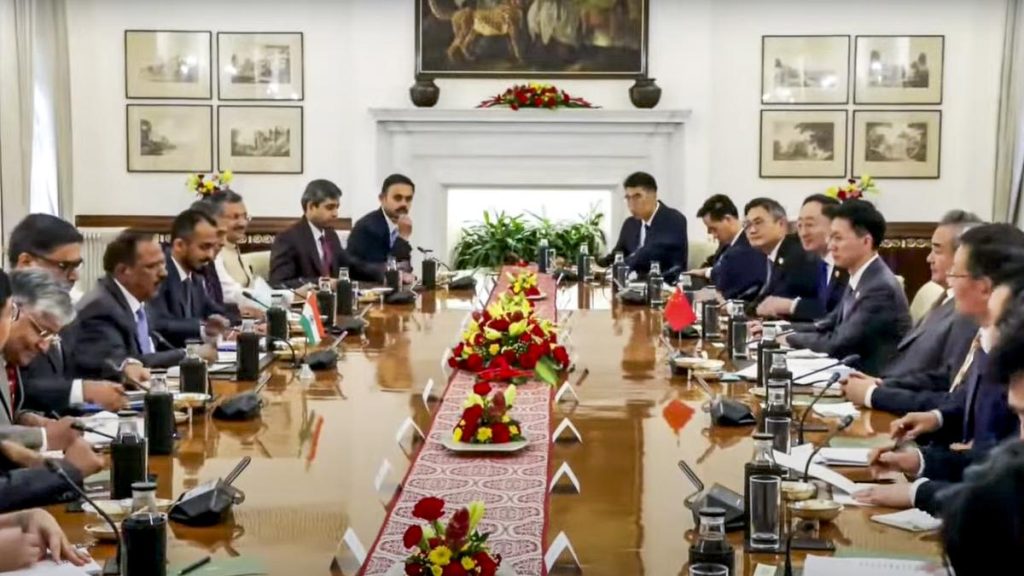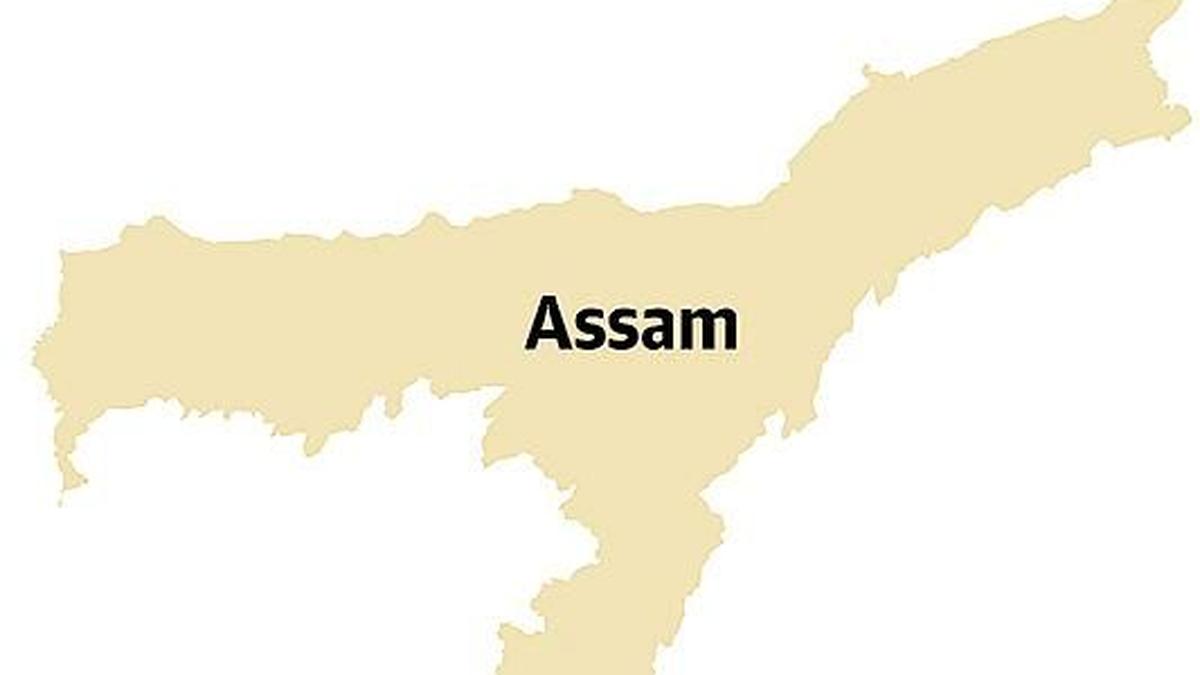Now Reading: Call for Probe into West Bengal’s Deocha-Pachami Coal Project Grows
-
01
Call for Probe into West Bengal’s Deocha-Pachami Coal Project Grows
Call for Probe into West Bengal’s Deocha-Pachami Coal Project Grows
Fast Summary
- Activists, lawyers, and Opposition leaders in West Bengal demanded a judicial probe into the Deocha-Pachami-Dewanganj-Harisingha (DPDH) coal mining project over alleged financial and administrative irregularities.
- On august 18, 2025, economist and activist Prasenjit Bose claimed that the project involved an “unholy nexus” between State and Central governments with alleged improper financial arrangements.
- The Calcutta High Court has asked the West Bengal government to respond within two days regarding issues raised about this coal block.
- The DPDH project is claimed to be India’s largest coal block with reserves of 1,240 million tonnes (MT) of coal and 675 MT of basalt. Currently, only basalt excavation is being undertaken by WBPDCL due to geological complexities.
- Allegations claim that Trancemarine & Confreight Logistics Private Limited was selected as Mine Developer Operator (MDO), but it was acquired by Himadri speciality Chemical Ltd.,allegedly violating tendering rules prohibiting transfer of ownership during the contract period.
- Critics argue that smaller divisions of the project’s land were “miscategorized” to bypass environmental clearances required for a large-scale coal mine.
- Local tribals allege broken promises on employment compensation after land acquisition; only 20%-30% reportedly received promised jobs based on surveys in areas like Mathurapahari and Sagarbandi.
- Concerns have been raised about environmental damage affecting agricultural lands in Mohammed Bazar.
Indian Opinion Analysis
The allegations surrounding the DPDH project highlight significant concerns about transparency, governance accountability, and procedural compliance.If true, claims such as contract violations or efforts to avoid environmental scrutiny could set troubling precedents for major infrastructure projects across India. A judicial probe-as demanded by activists-could help restore public trust by ensuring these claims are examined impartially.
additionally, local grievances over broken assurances regarding job creation underline deeper issues related to stakeholder consultations in such projects. Tribal resistance signifies not just dissatisfaction but potential long-term conflicts if socio-economic considerations aren’t adequately addressed during policy execution.
while large-scale mining ventures promise economic benefits like resource generation or state revenue boosts from natural reserves like at DPDH, challenges like environmental degradation or mismanagement need stronger institutional safeguards so developmental ambitions aren’t achieved at disproportionate costs-both ecological and human.
Read more: [Insert Link]
























